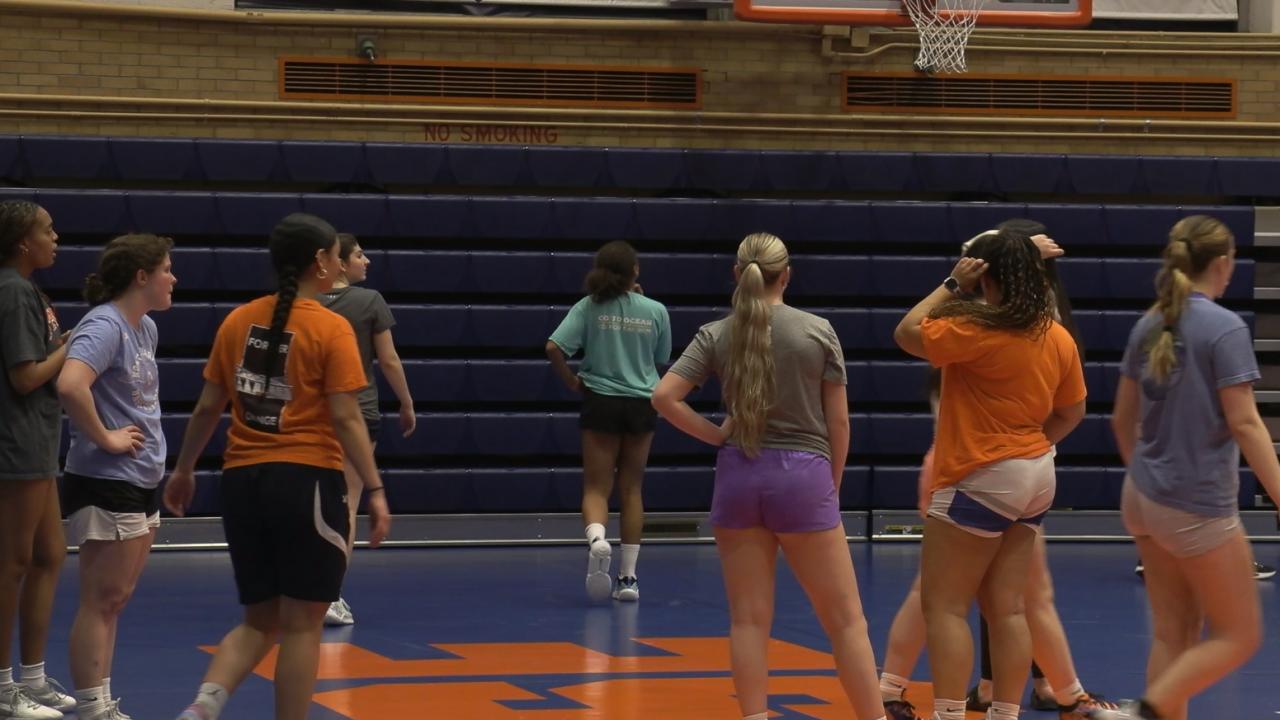
SYRACUSE, N.Y. (NCC News) – February marks the beginning of Black History Month across the nation. For many, this is a time of reflection and recognition for the cultures and heritage that is often swept under the rug.
This pride in one’s culture rings true for many athletes, including the Syracuse women’s club basketball team.
“I feel like this is a time to just celebrate a part of our identity that’s not really pointed out much in a positive light all the time,” said SU women’s club basketball player Gabriella Arterberry. “It’s a month to appreciate not just yourself but people who look and sound like you.”
Athletes like Arterberry believe more needs to be done to educate the community about Black History Month and its significance.
“I have roommates that didn’t know who Malcolm X was,” said SU women’s club basketball player Nicole Holmes. “It’s not their fault; It’s their education. We don’t teach children when they’re young about the history of cultures and then we’re surprised when they don’t understand a person’s background.”
Holmes also believes more can be done even at a collegiate level to embrace Black History Month and educate those that are of different cultures.
“Our team has been talking about it a lot,” said Holmes. “But we’re small we’re just a club team. Other teams like football, soccer, lacrosse, they have these big platforms and they don’t stress the importance of it or say anything in support of their black athletes and it’s just doing a disservice to the whole community.”
Diversity and inclusion in sport are concepts that are still be challenged even in the 21st century. Prominent black athletes like Jackie Robinson, Jim Brown and Cheryl Miller all fought years ago for the rights and opportunities that black athletes now have in their sports.
But more can always be done.
“I think as far as we have come, we can always go further,” said Arterberry. “It’s just about everybody acknowledging it as a problem and putting in effort to work on it.”
Syracuse University is hosting a number of BHM events throughout the month of February in an effort to support the Black community. Events include “Snaps and Taps Black Poets Talkback,” a Frederick Douglass pop-up event and a BHM week of wellness.
In an effort to share the importance of BHM, all events are open to the entire community and the schedule can be found on the Syracuse University website.




